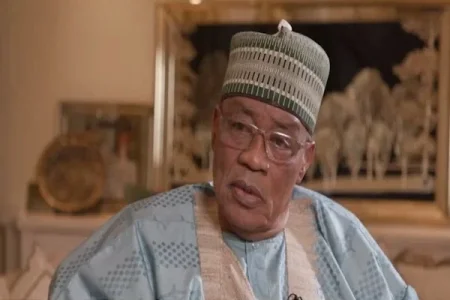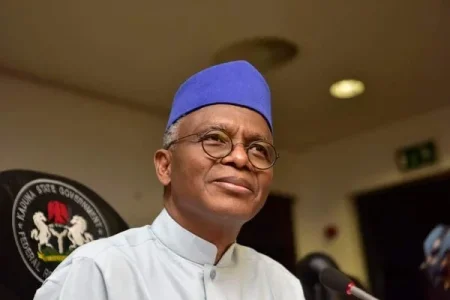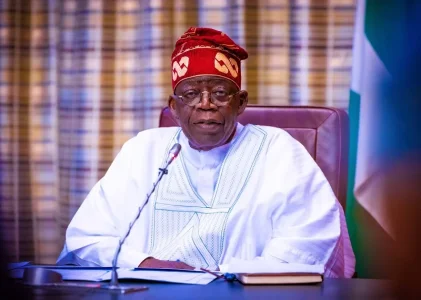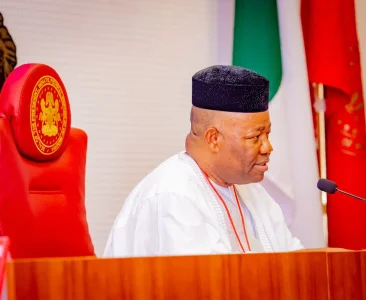
Former military president Ibrahim Babangida reveals in his autobiography that Olusegun Obasanjo initially refused to succeed Murtala Muhammed after the 1976 coup. Theophilus Danjuma declined leadership, insisting on Obasanjo. Babangida also narrates how he helped suppress the coup, leading to nationwide protests mourning Murtala’s assassination.
Former military president, Ibrahim Babangida, has revealed that Olusegun Obasanjo initially refused to succeed Murtala Muhammed after the latter’s assassination in 1976. In his autobiography, A Journey in Service, Babangida detailed the intense deliberations within the Supreme Military Council (SMC) regarding the transition of power.
According to Babangida, the SMC initially leaned towards Theophilus Danjuma as Murtala’s successor. However, Danjuma declined and insisted that Obasanjo, Murtala’s deputy, should take over. Obasanjo resisted and even considered leaving the army, but Danjuma’s persistence led him to accept the role.
IBB also recounted his role in suppressing the coup attempt led by Lt-Col Bukar Dimka, including a dramatic gun battle at the Radio House. Dimka managed to escape, but key plotters, including Major Ibrahim Rabo, were apprehended.
Following Murtala’s assassination, nationwide protests erupted, with students and labor unions mourning his death. His brief tenure had made him a revered figure, and his assassination triggered an outpouring of grief and solidarity.
Babangida’s memoir sheds new light on this pivotal moment in Nigeria’s history, revealing the power struggles and military maneuvers that shaped the country’s leadership transition.




